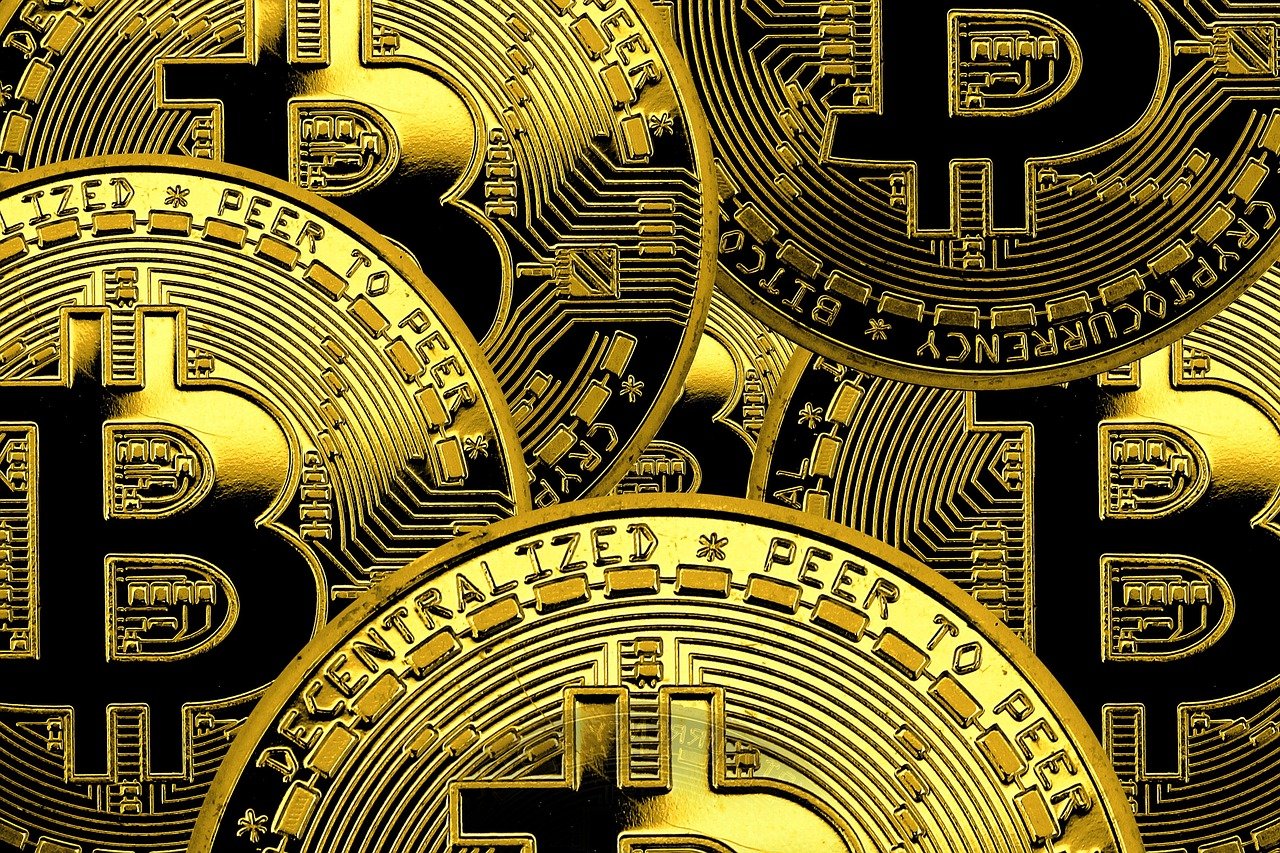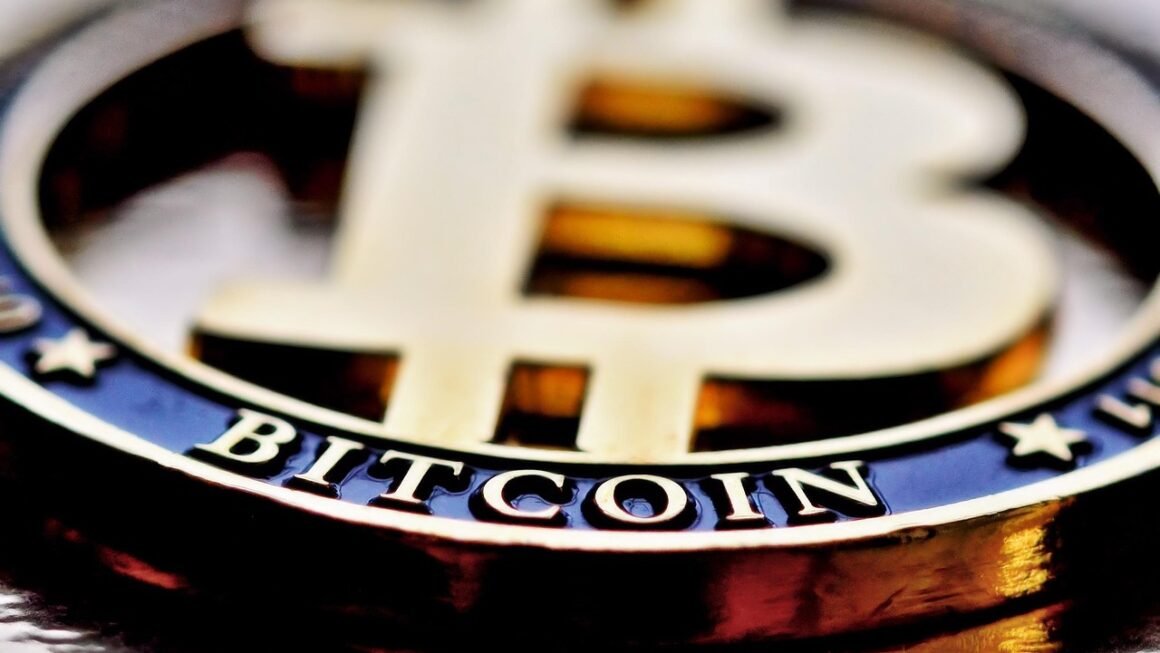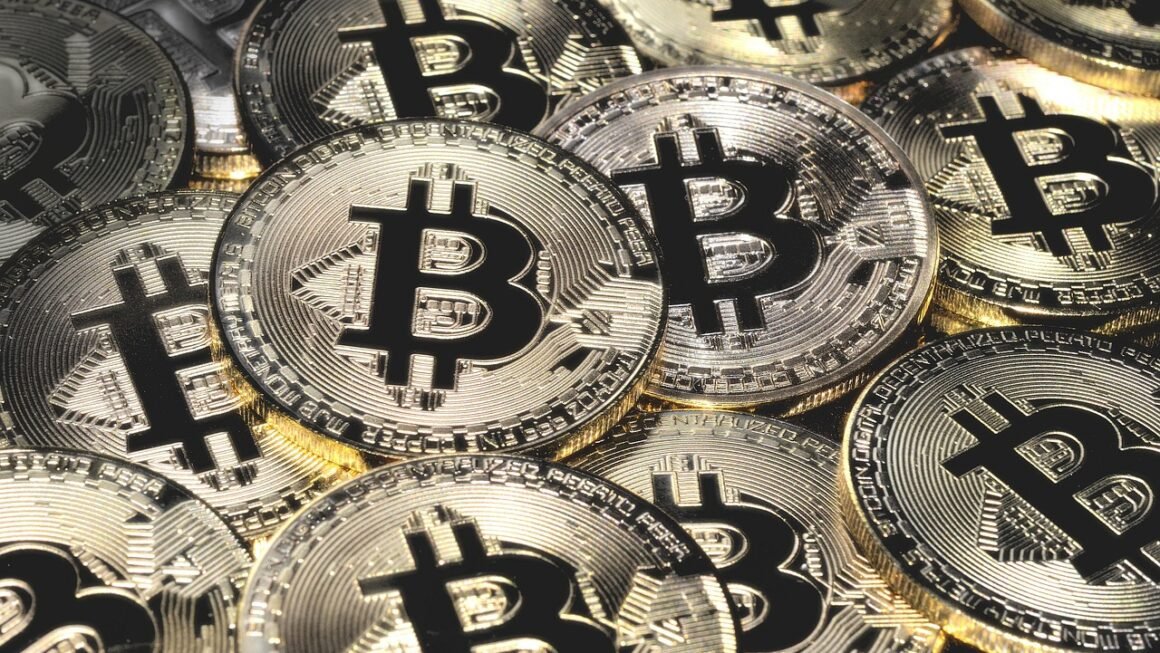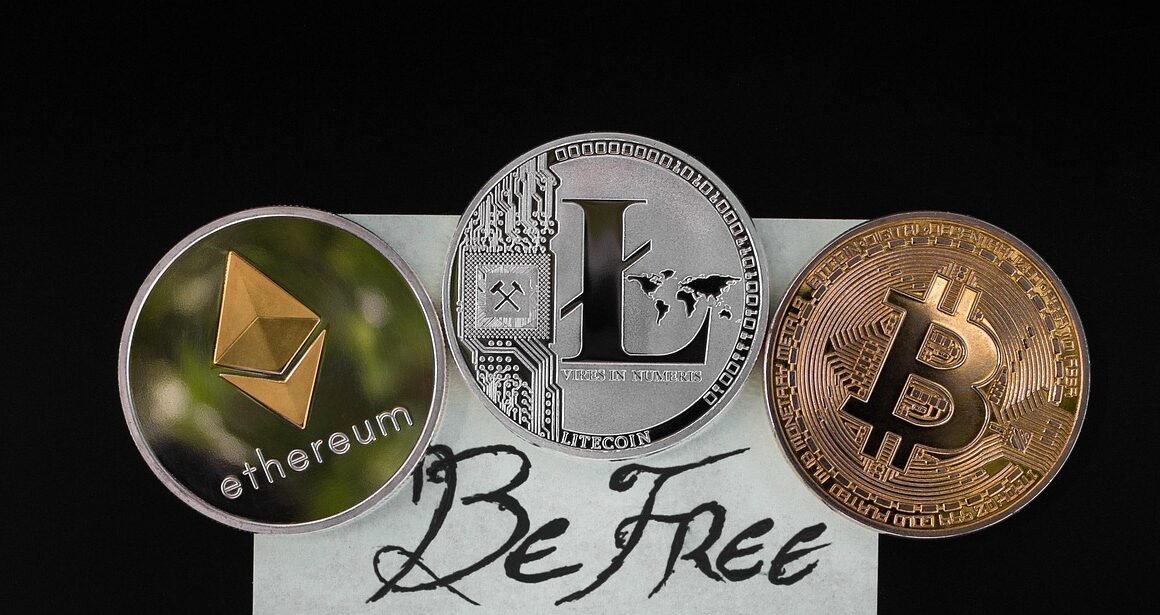Governance tokens have revolutionized decentralized autonomous organizations (DAOs) and blockchain projects, empowering communities to actively participate in decision-making. They offer a way to shape the future of protocols, allocate resources, and influence strategic direction. But what exactly are governance tokens, and how do they work? This blog post will delve into the intricacies of governance tokens, exploring their functionality, benefits, and potential challenges.
What are Governance Tokens?
Understanding the Basics
Governance tokens are a specific type of cryptocurrency token that grants holders the right to vote on proposals related to a blockchain protocol or DAO. Think of them as shares in a decentralized organization, allowing token holders to participate in the management and development of the project.
- These tokens represent a form of decentralized power, distributing control away from a centralized team and toward the community.
- The more tokens a user holds, the greater their voting power, often proportional to their stake.
- This system encourages users to actively engage with the project and contribute to its long-term success.
How Governance Tokens Differ from Other Cryptocurrencies
Unlike utility tokens (used to access specific services or features within a platform) or security tokens (representing ownership in a company or asset), governance tokens primarily serve the purpose of decision-making. While they may also have utility within the ecosystem (e.g., staking, access to certain features), their core function is voting on proposals.
- Utility Tokens: Primarily used for accessing services. Example: Basic Attention Token (BAT) used in the Brave browser.
- Security Tokens: Represent ownership in an asset. Subject to securities regulations. Example: tZERO security token.
- Governance Tokens: Used for voting and decision-making within a DAO or project. Example: Maker (MKR) token.
The Mechanics of Governance Token Voting
Proposal Creation and Submission
The governance process usually begins with the submission of a proposal. Anyone, sometimes even non-token holders depending on the DAO’s structure, can submit a proposal outlining a change, upgrade, or allocation of resources.
- Proposals are often discussed and debated within the community forums before being formally submitted for a vote.
- The specific requirements for submitting a proposal, such as a minimum number of tokens or a deposit, vary between projects.
The Voting Process
Once a proposal is submitted, token holders can vote “for” or “against” it. The voting period typically lasts for a set amount of time, after which the votes are tallied.
- Voting power is usually weighted by the number of tokens held.
- Some DAOs employ quadratic voting, which aims to mitigate the influence of large token holders.
- Tools such as Snapshot are commonly used to facilitate off-chain voting with on-chain verification.
Implementation and Execution
If a proposal passes, the changes are implemented, often through smart contracts. This ensures that the decisions made by the community are automatically executed.
- Smart contracts play a crucial role in automating the governance process and ensuring transparency.
- The implementation phase often requires technical expertise and careful execution to avoid bugs or security vulnerabilities.
- Regular audits are essential to maintain trust in the governance process and the underlying smart contracts.
Benefits and Advantages of Governance Tokens
Decentralized Decision-Making
Governance tokens empower the community to make critical decisions, fostering a more decentralized and democratic ecosystem.
- This reduces reliance on a central authority and promotes greater transparency.
- It encourages community engagement and a sense of ownership.
- Decisions are made collectively, leading to potentially more innovative and sustainable outcomes.
Increased Community Engagement
By giving users a stake in the project’s future, governance tokens incentivize them to participate actively in discussions and decision-making.
- Users are more likely to contribute to the project’s growth and success.
- Community members can provide valuable feedback and insights.
- Governance tokens foster a stronger sense of community and belonging.
Enhanced Transparency and Accountability
The voting process is typically transparent and auditable, promoting accountability among project developers and community members.
- All proposals and votes are recorded on the blockchain, ensuring immutability and verifiability.
- This transparency can help prevent corruption and ensure that decisions are made in the best interests of the community.
- Governance tokens encourage a more responsible and ethical approach to project development.
Examples of successful governance token implementations
- MakerDAO (MKR): MKR holders govern the stability of the Dai stablecoin by voting on interest rates, collateral types, and other parameters. This has allowed MakerDAO to manage complex economic mechanisms and maintain the stability of Dai.
- Compound (COMP): COMP token holders govern the Compound protocol, a decentralized lending and borrowing platform. They can vote on changes to interest rates, collateral factors, and supported assets.
- Uniswap (UNI): UNI holders govern the Uniswap decentralized exchange. They can vote on protocol upgrades, fee structures, and the allocation of UNI tokens to developers and community initiatives.
Challenges and Potential Issues
Low Voter Turnout
One common challenge is low voter turnout, which can undermine the legitimacy of the governance process.
- Many token holders may not be actively engaged in the community or lack the time to research and vote on proposals.
- Strategies to increase voter turnout include incentivizing participation, simplifying the voting process, and providing clear and concise information about proposals.
Whale Domination
A concentration of voting power in the hands of a few large token holders (whales) can lead to decisions that benefit them disproportionately.
- This can discourage smaller token holders and undermine the principles of decentralization.
- Solutions include quadratic voting, which limits the influence of large token holders, and delegation mechanisms that allow smaller token holders to pool their voting power.
Sybil Attacks and Collusion
Malicious actors could attempt to manipulate the voting process through Sybil attacks (creating multiple fake identities) or collusion.
- Robust identity verification and anti-collusion mechanisms are needed to prevent these attacks.
- This could involve using KYC (Know Your Customer) procedures or requiring token holders to stake their tokens to participate in governance.
Complexity and Lack of Expertise
Understanding complex technical proposals can be challenging for many token holders, potentially leading to uninformed decisions.
- Providing clear and accessible information about proposals is crucial.
- This could involve creating summaries, explainers, and educational resources.
- Expert committees or working groups can also be established to provide guidance and recommendations to the community.
The Future of Governance Tokens
Evolution of Governance Models
Governance models are constantly evolving as projects experiment with different approaches. We can expect to see more sophisticated and innovative governance mechanisms in the future.
- This could include more granular voting rights, delegated voting, and liquid democracy models.
- AI and machine learning could also play a role in analyzing proposals and predicting voting outcomes.
Integration with DAOs
Governance tokens are becoming increasingly integrated with DAOs, enabling more decentralized and autonomous organizations.
- DAOs are using governance tokens to manage treasury funds, allocate resources, and make strategic decisions.
- This is leading to a new era of decentralized governance and community-driven innovation.
Regulatory Landscape
The regulatory landscape surrounding governance tokens is still evolving. As the use of governance tokens becomes more widespread, regulators are likely to provide more clarity on their legal status and treatment.
- Projects need to be aware of the potential regulatory risks and comply with applicable laws and regulations.
- A proactive and collaborative approach to regulatory engagement is essential.
Conclusion
Governance tokens are a powerful tool for decentralized decision-making, empowering communities to shape the future of blockchain projects and DAOs. While challenges exist, the benefits of increased community engagement, transparency, and accountability are undeniable. As the technology matures and governance models evolve, governance tokens are poised to play an even more significant role in the future of decentralized finance and beyond. Understanding the intricacies of governance tokens is crucial for anyone participating in or building decentralized ecosystems. By actively engaging in governance processes, users can contribute to the success and sustainability of these innovative projects.



